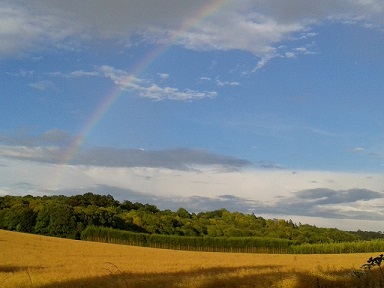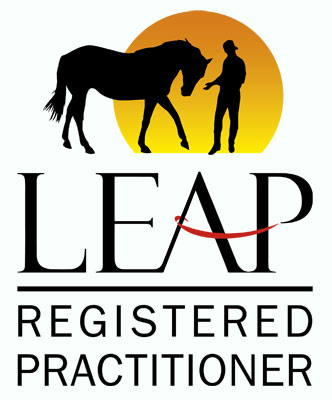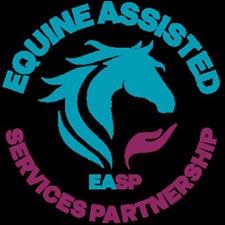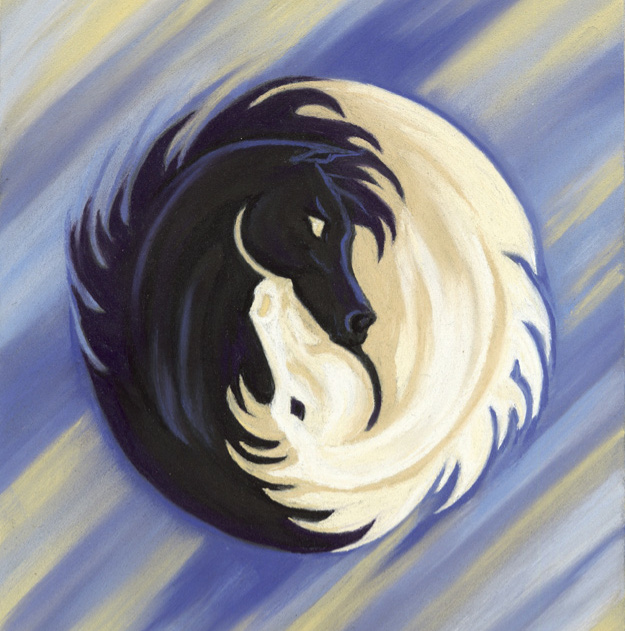
Blog
True Self / False Self; Authenticity and Wholeness
23 June 2017

For a long time I have used the True Self/False Self metaphor to help me and my clients in working towards authenticity. And to a large extent this metaphor can be very helpful especially in the early days of trying to discern which parts of you are operating in any moment.
Learning to identify the voices and beliefs of your false self and their origins is tremendously helpful in starting to change whether or not you allow them to unconsciously guide you or not.
Also discovering your true self’s needs, desires and gifts is an essential part of re-focusing on the truth of what you need and want in your life.
However, more recently I have been feeling more and more uncomfortable with the sole connection between the true self and authenticity, which somehow implies that my false self is not an authentic part of me and is me therefore being inauthentic.
Jung said that wholeness was the primary goal of life. This means that each and every part of us, including those aspects we may assign to our false self are important, and moreover, are indeed a part of us. Therefore, even when we are in the throes of our Shadow, our wounded-parts, being triggered of feeling defensive, unbalanced, incongruent, ungrounded, dissociated, or feeling and/or displaying any emotion, but especially the more difficult emotions like anger, envy, greed or revenge, then we are, in truth, still being authentic.
For in that moment any one of these parts or expressions of ourselves are who we really are in that moment. To say that when I feel vulnerable, small, or at the behest of my false self’s voice, e.g. “I can’t do this” means that I am not being authentic, or in my authentic self, only further rejects these parts, and paradoxically pushes me further away from my truth and wholeness. For my anger, my rage, my envy, my rejection of others, my need to shut-down, isolate myself or defend myself are who I really am in that moment.
Therefore integration not separation seems to be the key to authenticity.
So if instead I embrace these feelings, parts and experiences, surely I do more to envelop them in my wholeness of presence? Surely I find more self-compassion, love and self-acceptance than if I assign them to “not being the real me”.
It’s well known in the work we do in partnership with horses in the fields of personal and therapeutic development that the horses embrace us no matter what we are feeling. They do also encourage us to reconnect to our deepest truth – the buried, dormant feelings and aspects of ourselves we have carefully stowed away – but that doesn’t mean that they necessarily reject us when we can’t feel those, or when we are solely feeling our disconnection, anger or fatigue.
So, to move forward in a way which really takes us closer to living more authentically, surely this involves us inhabiting each and every second of what we feel, think and believe. For in that moment, it was the truth of who we were and are.
In all our messiness, disconnection and discomfort, we find that we are real, alive and yes, authentic.
©Angela Dunning, 23 June 2017








